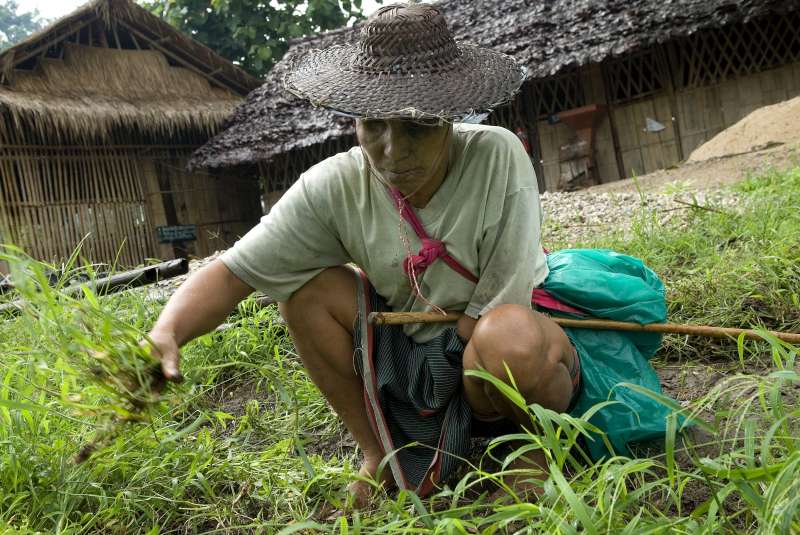Safe Value Chains
Globally, UNHCR focuses on value chains in three sectors:
Agriculture & Rural Development
Many refugees hold valuable skills as farmers, herders or livestock producers. Where they have access to family plots, refugees can often grow enough to increase their food security, reducing dependence and increasing self-reliance. With access to more land, refugees could even produce enough to enter lucrative markets and prosper. They could contribute to local economic development while providing for themselves and their families, benefitting refugees and host communities alike.
Our aim is to help refugee producers improve production, increase sales, enter new markets and build resilience to climate-related and market shocks.
Artisanal markets
Many refugees have specialized artisanal skills which have been passed down over generations and practiced over a lifetime. The crafts industry has grown 15-20 per cent annually in Asia, the US and Europe since 2005. By capitalizing on this growing market, we can help refugee artisans, particularly women, gain access to materials and markets.
Like all skilled producers, artisans can be the drivers of development. With access to tools and machinery, workshops and markets, skilled artisans can produce and sell their goods, benefitting both refugees and host communities. UNHCR makes this access possible by overseeing workplace regulation, providing further training opportunities, and pursuing new and untapped market options.
Approximately 20-30 per cent of Syrian refugees, for example, self-identify as artisans. This is a vast population hoping for economic gain and stability. However, they need our assistance and your support to build capital.
Information & Communication Technology
There is a growing opportunity to match the skills and needs of refugees with the ICT sector, providing access to a range of services and employment opportunities.
Our Community Technology Access programme aims to help refugees access information and communication technology and work remotely for distant clients and employers. Together with our partners, we have set up computer centres that provide invaluable support through training, mentoring and business support services, such as setting up the mechanisms through which refugees can be paid.
Resources for Livelihoods - Safe Value Chains
- ILO's approach to Value chain development
- Value Chain Development for Decent Work: How to create Employment and Improve Conditions in Targeted Sectors
- Responding to the Global Refugee Crisis: How market assessments can enhance the impact of livelihood interventions for refugees
- The Aspen Insitute Alliance for Artisan Enterprise

